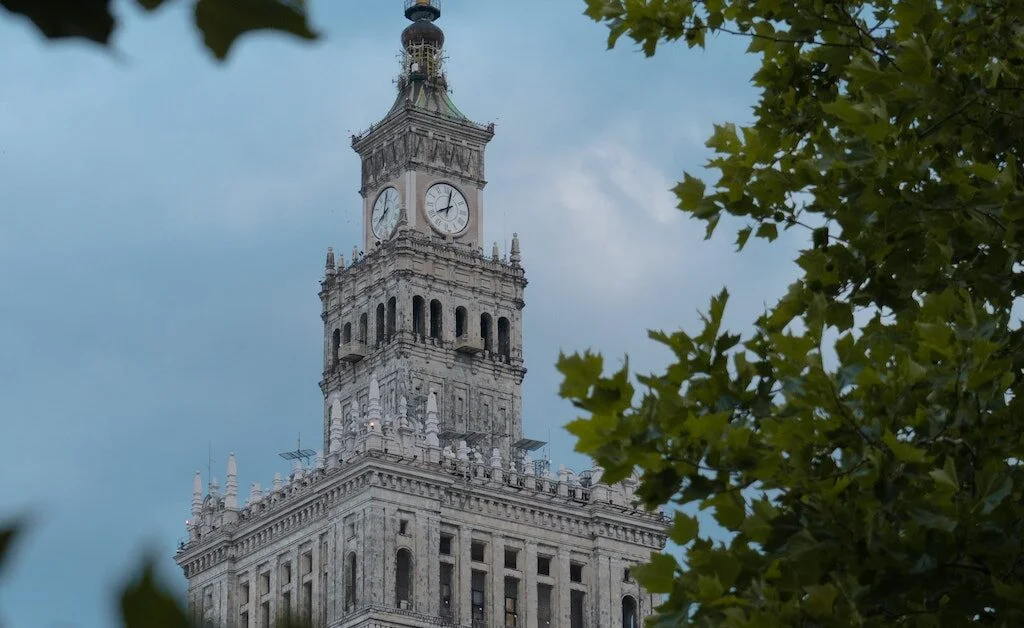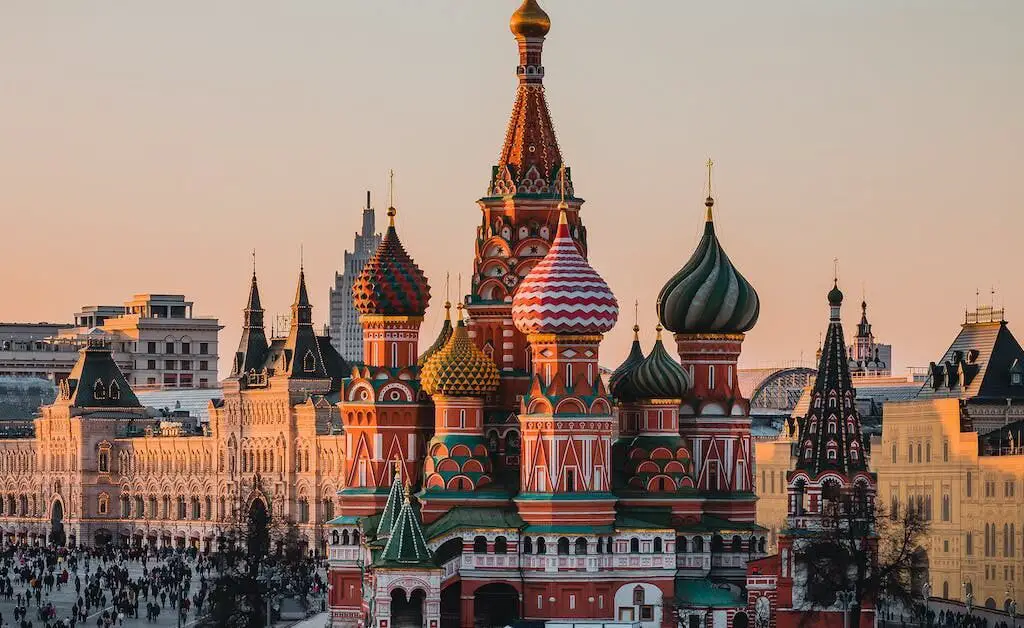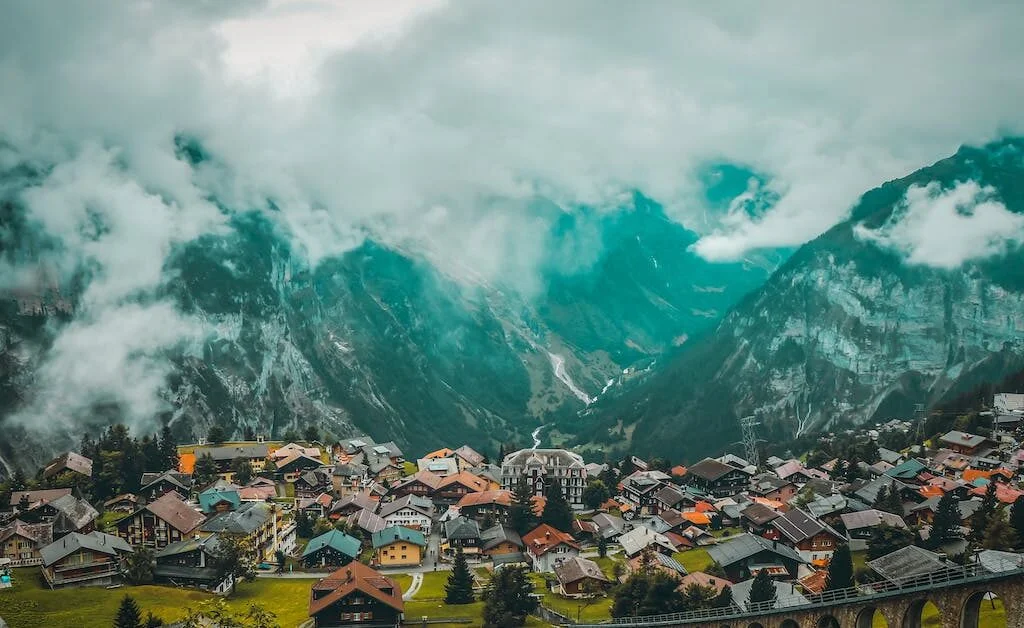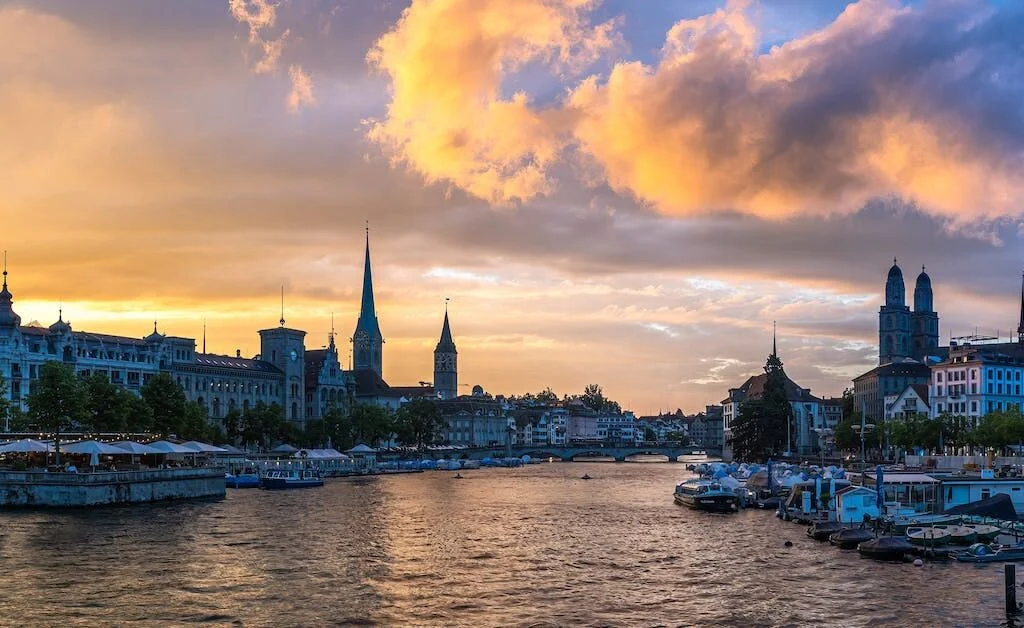Germany, the heart of Europe, offers travelers a diverse and captivating experience throughout the year. Whether you’re drawn to historic cities, scenic landscapes, vibrant festivals, or culinary delights, Germany has something to offer every kind of traveler. Choosing the right time to visit this enchanting country can significantly enhance your experience. This article provides a comprehensive guide to the best time to explore Germany, whether you’re a cultural enthusiast, a budget-conscious traveler, or an adventurer seeking outdoor thrills.
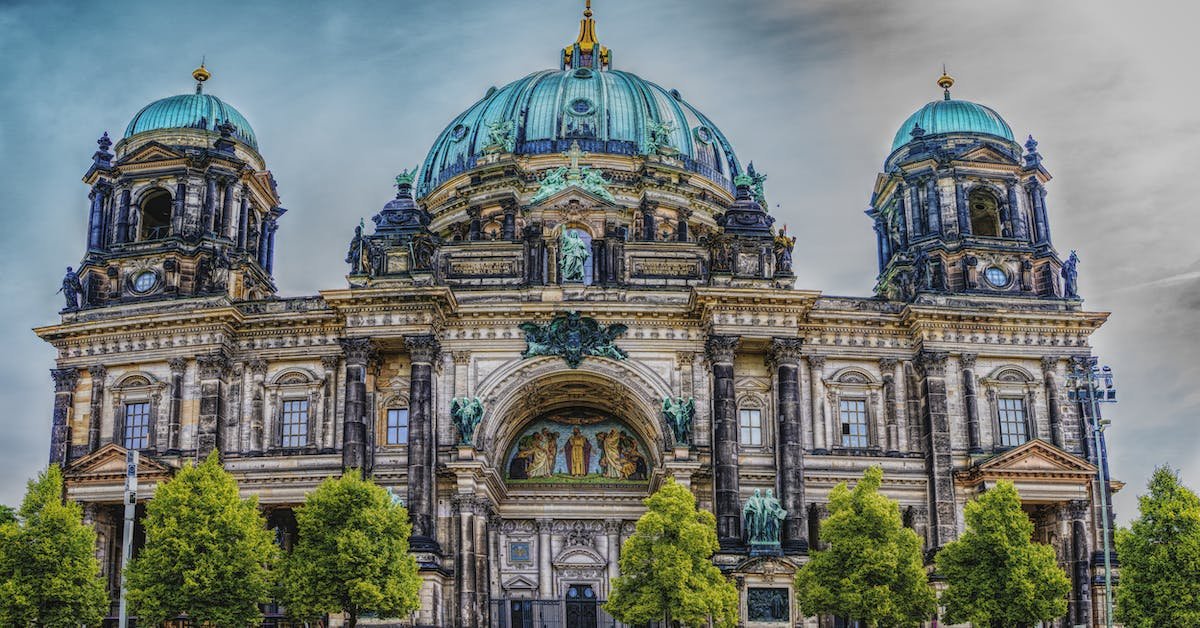
Understanding Germany’s Four Seasons
Germany boasts four distinct seasons, each with its own unique charm. Winter sets the stage for snowy adventures in the Bavarian Alps, while spring brings blooming cherry trees and picturesque landscapes. Summer lures visitors with warm days, and autumn is synonymous with the world-famous Oktoberfest. This section delves into what each season entails, from temperature variations to the activities and attractions that await you.
Best Time for Sightseeing and Cultural Exploration
For cultural explorers and city enthusiasts, there are prime times to soak in Germany’s rich heritage and vibrant urban life. Spring and summer are ideal for sightseeing, walking tours, and outdoor activities. You’ll discover why spring offers a unique experience with blooming landscapes, while summer provides extended daylight hours for exploring iconic cities like Berlin, Munich, and Hamburg.
Peak Tourist Season in Germany
Summer is the peak tourist season in Germany, attracting crowds and setting the stage for memorable festivals. July and August are the busiest months when clear skies and warm temperatures grace the country. This section highlights the factors that contribute to the surge in tourists, provides insights into iconic summer events like Rock am Ring, and emphasizes the importance of booking accommodations early.
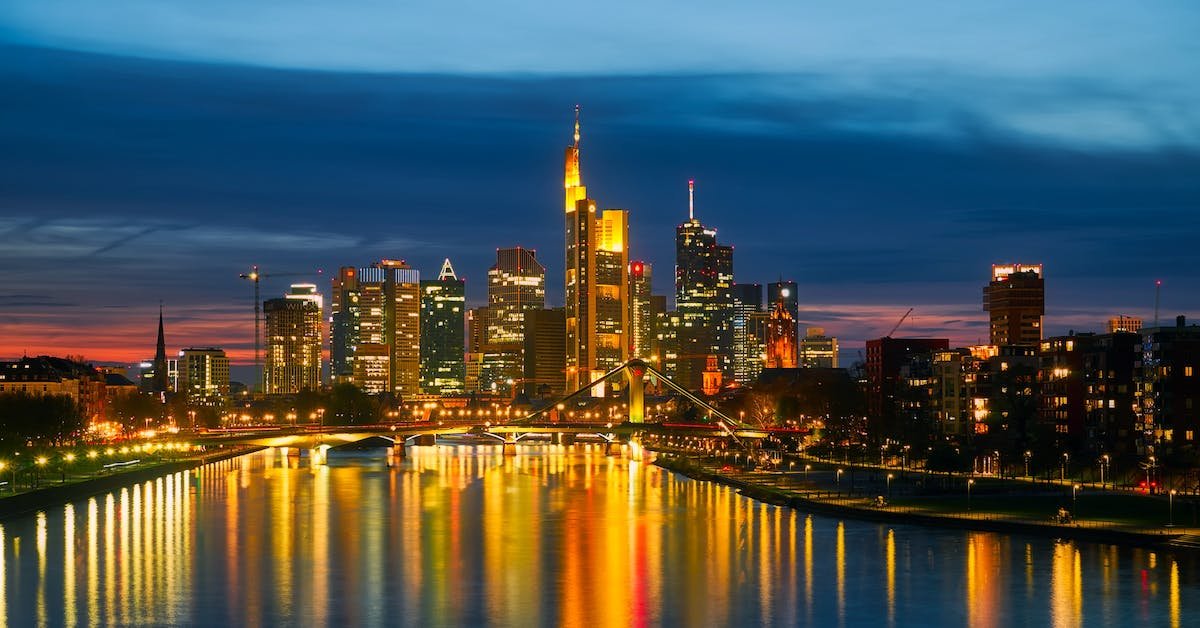
Off-Peak Travel: Cost-Effective Seasons
Travelers looking to save on expenses will find valuable insights in this section. The article identifies the cheapest times to visit Germany, which include the winter months of January to March. It also explores the advantages of late spring (March to May) and late autumn (October to November), such as lower costs and reduced crowds. You’ll discover tips to make the most of these budget-friendly seasons.
Year-Round Festivals and Local Events
Germany’s festival scene is a vibrant tapestry woven with events throughout the year. From the Berlin Festival of Lights in October to Stuttgart’s Canstatter Volksfest in late September to mid-October and Rhein in Flammen (Rhine in Flames) from May to September, you’ll get an in-depth look at the diverse cultural celebrations that await.
Seasonal Highlights: Where to Go
This section offers detailed recommendations for travel destinations during each season. Winter invites you to Nuremberg’s Weihnachtsmarkt (Christmas markets) and Bavaria’s ski resorts. Spring showcases Bavaria’s medieval castles amid blooming landscapes and hiking excursions in the Bavarian Alps. Summer beckons you to the wine region of Bad Dürkheim and Berlin’s Gay Pride celebrations. Autumn transforms Munich during Oktoberfest, while September in Hamburg sees the Reeperbahn Festival.
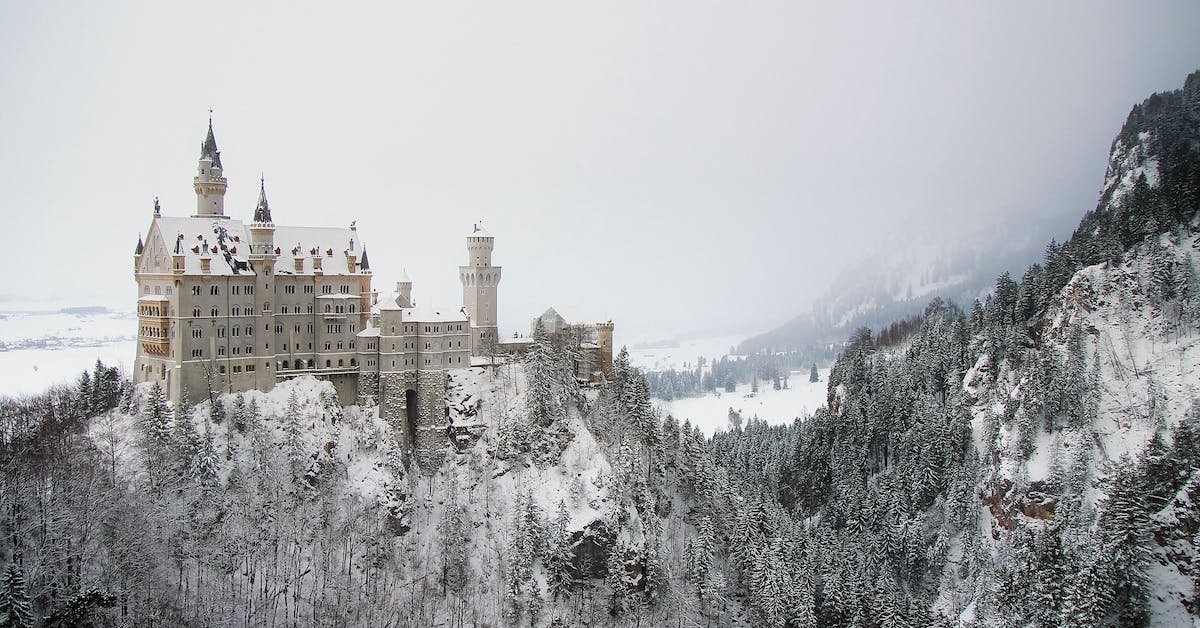
Monthly Breakdown: When to Visit Germany
Germany’s charm evolves with the changing seasons, and each month offers unique experiences for travelers. Here’s a detailed monthly breakdown to help you choose the best time to visit Germany :
January–February (Winter Wonderland)
The months of January and February herald winter’s magic in Germany. On the off chance that you love snow-covered scenes and winter sports, this is an ideal opportunity to go. The Bavarian Alps beckon with opportunities for snowboarding and skiing. Nuremberg hosts its extravagant Weihnachtsmarkt (Christmas markets) during the holiday season. Despite cold temperatures, these months offer a quieter and more budget-friendly experience.
March–April (Spring Awakening)
As March rolls in, Germany awakens from its winter slumber. Spring blossoms start to carpet the landscapes, making Bavaria’s medieval castles even more picturesque. By mid-April, the Bavarian Alps provide excellent hiking excursions for nature lovers. If you prefer milder weather, April is cooler, with temperatures in the afternoon typically climbing to the upper 50s. It’s a great compromise between the high tourist season and the more unpredictable weather of early spring.
May–June (Summer on the Horizon)
May marks the start of spring’s transition into summer. Bavaria’s landscapes are in full bloom, creating breathtaking photos, especially when wildflowers carpet the fields. It’s an ideal time for open-air exercises like climbing and setting up camp, and you’ll track down numerous archaic palaces, especially along the Rhine Stream. May also marks the beginning of Germany’s wine festivals, with Bad Dürkheim offering an excellent wine region to explore.
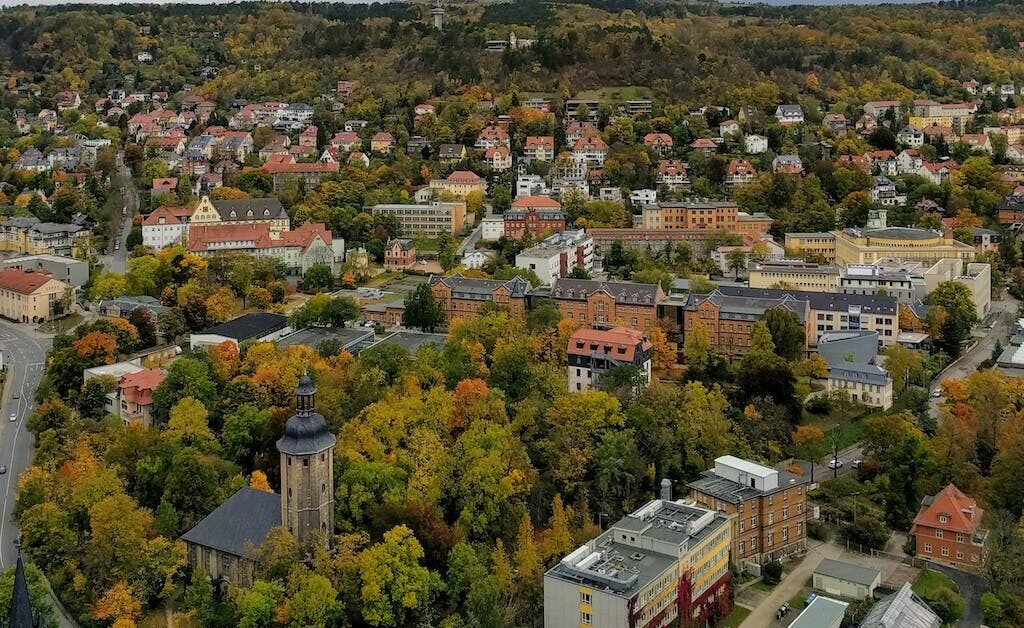
July–August (Summer Splendor)
July and August are the heart of summer, the best time to visit Germany, it basks in warm, sun-drenched days. Cities like Berlin, Munich, and Hamburg are buzzing with life. Summer is the peak tourist season, offering clear skies and perfect weather for open-air music festivals like Rock am Ring and Berlin’s Pride Parade. However, it’s also when you should book accommodations and flights well in advance.
September–October (Oktoberfest and Beyond)
Early pre-winter in Germany brings one of the world’s most well-known brew celebrations, Oktoberfest, to Munich. Theresienwiese Fairground transforms into a massive celebration with Bavarian beer, food, live bands, and games for three weeks as it is the best time to visit Germany. The celebration goes on for a long time, from late September to early October, yet a lot of lager nurseries and breweries in different urban communities stay open until the beginning of winter.
Activities, Events, and Must-Visit Places in Germany
Germany is an all-year objective, and there’s no deficiency of exercises, occasions, and places to investigate. Here’s a selection for each season:
Winter Activities
Skiing and Snowboarding
Winter sports enthusiasts can head to the Bavarian Alps for excellent skiing and snowboarding opportunities.
Christmas Markets
Experience the magic of Germany’s Weihnachtsmarkt (Christmas markets) in cities like Nuremberg, where beautifully decorated stalls offer mulled wine, wooden toys, and festive decor.
Spring Delights
Castle Tours
Explore medieval castles, particularly along the Rhine River, when the landscapes burst into bloom, creating picturesque settings.
Wine Festivals
Late April and May are perfect for wine enthusiasts. Attend open-air wine festivals that feature wine tasting and a variety of entertainment.
Summer Adventures
Hiking and Camping
The Bavarian Alps offer excellent hiking excursions. Enjoy the stunning scenery as wildflowers carpet the fields.
Wine Regions
Visit the wine region of Bad Dürkheim, where temperatures range between 20°C and 27°C. Discover Germany’s rich wine culture.
Berlin’s Gay Pride
Join the festivities during Berlin’s Gay Pride with street parades, open-air concerts, and exhibits dedicated to the LGBT community.
Autumn Festivities
Oktoberfest in Munich
Experience the world’s largest beer festival with endless supplies of Bavarian beer, delicious food, live bands, and games for three weeks.
Reeperbahn Festival in Hamburg
September sees the Reeperbahn Festival, featuring hundreds of music concerts, art exhibitions, conferences, and film screenings in and around the St. Pauli district.
Year-Round Attractions
Berlinale
Attend the Berlinale in mid-February, one of Europe’s most prominent film festivals, showcasing over 400 movies and documentaries.
Cologne Karneval
Join the 6-day festivity in Cologne, where massive crowds dress up in wacky costumes and enjoy lively music throughout the city.
Munich and the Theresienwiese Fairground
Apart from Oktoberfest, Munich and other German cities transform into massive celebrations, offering endless supplies of Bavarian beer and food, live bands, and games.
Vineyard Exploration
Germany boasts numerous vineyards, especially in the wine-growing southwest. Explore vineyards where you may even spot lavender, Mediterranean pine, almond, and lemon trees.
Castle Tours
Germany is home to a portion of the world’s most dazzling palaces, like Neuschwanstein Palace and Heidelberg Palace. Tour these architectural wonders for an enriching experience.
Art and Culture
Germany’s cities have vibrant art and cultural scenes. Investigate elite historical centers, displays, and theaters that have exhibitions and presentations lasting through the year.
Conclusion
In summary, the best time to visit Germany varies depending on your preferences. Cultural explorers might prefer the pleasant spring and summer months, while budget-conscious travelers can take advantage of late spring and late autumn. Germany’s year-round festival scene ensures there’s always something exciting happening. This article emphasizes that Germany offers something for everyone and encourages readers to consider their travel priorities and interests.
Read more : The Best Time to Visit Switzerland: A Comprehensive Guide
FAQs
The most financially accommodating opportunity to visit Germany is during the pre-spring, a very long time from January to spring. Be that as it may, you’ll have to battle with cold temperatures and more limited light hours. Then again, pre-summer (Walk to May) and late harvest time (October to November) offer a milder climate and fewer groups.
The ideal length for an excursion to Germany generally depends on your inclinations. To investigate significant urban communities and experience the way of life, seven days (7–10 days) is a decent beginning. Nonetheless, to dive further into explicit locales or enjoy open-air exercises, think about a more extended stay.
The pinnacle travel season in Germany is throughout the mid-year stretches of July and August. This is when costs for convenience and flights are at their highest because of clear skies and warm temperatures. Moreover, in the event that you intend to go to Oktoberfest in late September or the Christmas markets in December, costs may likewise be raised.
Seven days can give you a balanced encounter with Germany, permitting you to investigate notorious urban communities, test nearby cooking, and visit key attractions. Nonetheless, Germany’s different locales offer plenty of encounters, so on the off chance that you have explicit interests or wish to investigate more inside and out, consider expanding your visit.


